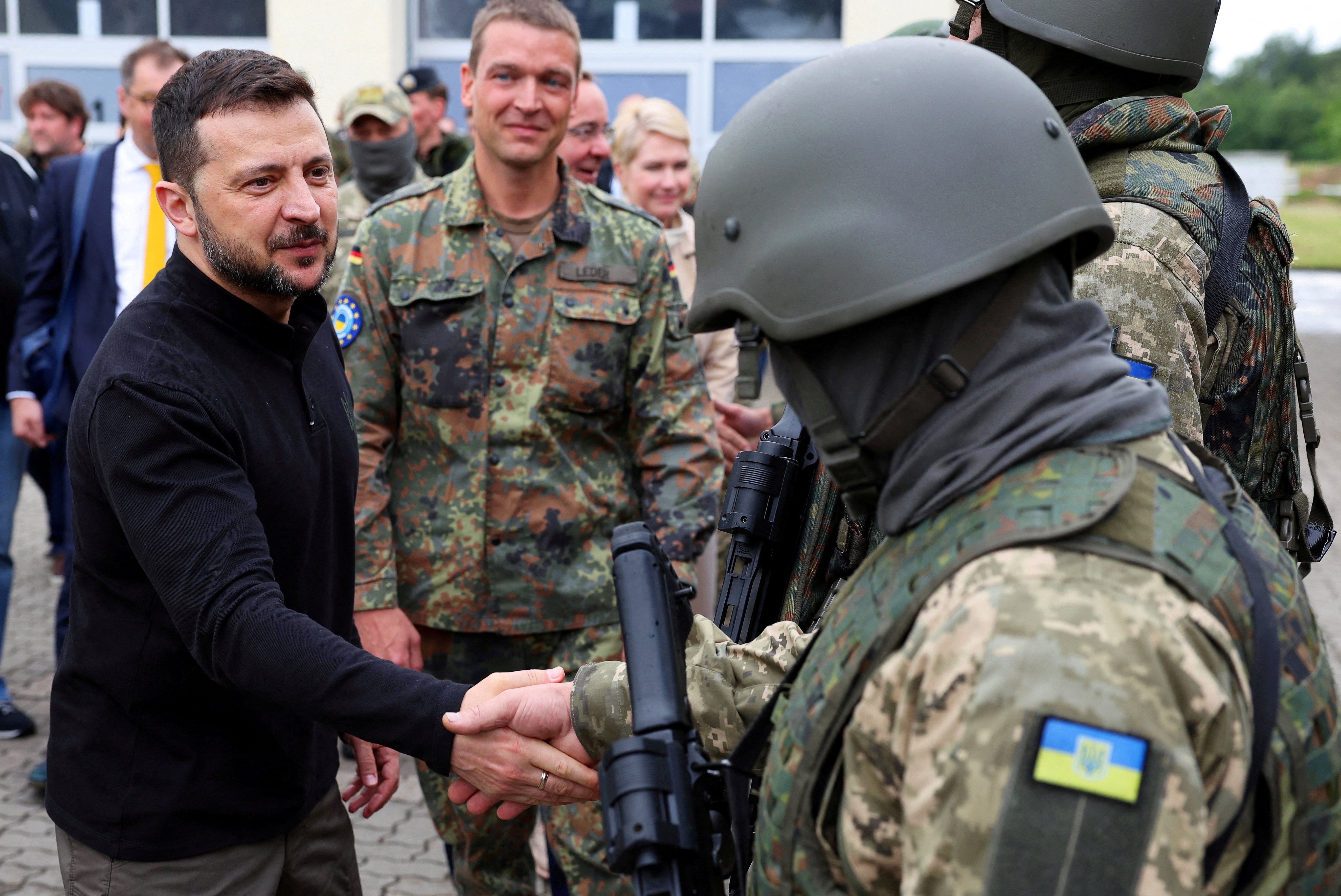As world leaders descend on Washington today for this year’s NATO summit, one number is top of mind: $43 billion. That’s the amount NATO leaders are expected to pledge in Ukraine support at this week’s gathering.
The one-year, $43 billion pledge is less ambitious than NATO’s initial proposal of a multi-year, $100 billion support package, but it couldn’t come at a more critical time for Ukraine. The country has weathered a wave of Russian missile attacks against its cities in recent days – one hit its largest children’s hospital in Kyiv on Monday – killing 36 people and injuring 140 nationwide, adding to the mounting number of civilian casualties since Moscow renewed its air campaign in recent months.
Will more aid be coming? For some leaders at the summit – particularly those engulfed in domestic political turmoil that is limiting their capacity to commit more long-term resources to Ukraine – this is a tougher question. The summit comes on the heels of the far-right’s success in the European Parliamentary elections and France’s snap election – both of which emboldened the Ukraine-skeptic far right – and as President Joe Biden faces pressure to quit the presidential race that he currently looks set to lose to Donald Trump, who has repeatedly pledged to end Ukraine support.
